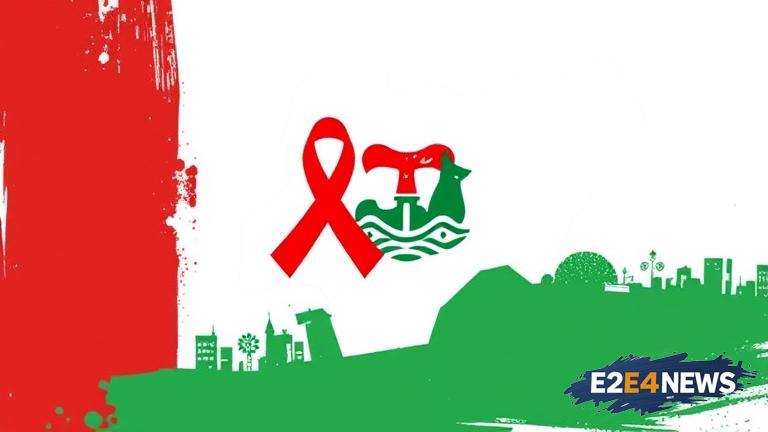The Nigerian government has restated its dedication to combating the spread of HIV among children and preventing mother-to-child transmission. This renewed commitment is part of the country’s efforts to achieve the global goal of eliminating pediatric HIV by 2025. According to recent statistics, Nigeria has one of the highest numbers of pediatric HIV cases in the world, with thousands of children living with the disease. The government has acknowledged the need for urgent action to address this issue and has pledged to increase funding and resources for HIV prevention and treatment programs. The Federal Ministry of Health has developed a comprehensive strategy to tackle pediatric HIV, which includes improving access to antiretroviral therapy, enhancing HIV testing and counseling services, and promoting awareness and education about the disease. The government has also partnered with international organizations and NGOs to support its efforts to end pediatric HIV. One of the key challenges facing the government is the lack of access to healthcare services in rural areas, where many cases of pediatric HIV are reported. To address this, the government plans to establish more healthcare facilities and train additional healthcare workers to provide specialized care to HIV-positive children. Furthermore, the government has launched a nationwide campaign to raise awareness about pediatric HIV and the importance of preventing mother-to-child transmission. The campaign aims to educate pregnant women and new mothers about the risks of HIV transmission and the available prevention and treatment options. The government has also emphasized the need for community involvement and participation in the fight against pediatric HIV. Traditional leaders, community health workers, and other stakeholders are being mobilized to support the government’s efforts to end pediatric HIV. In addition, the government has committed to increasing funding for research and development of new treatments and interventions to combat pediatric HIV. The Nigerian government’s renewed commitment to ending pediatric HIV is a significant step forward in the country’s efforts to address the disease. With the support of international partners and the involvement of local communities, Nigeria is poised to make significant progress in the fight against pediatric HIV. The government’s efforts are expected to have a positive impact on the lives of thousands of children and families affected by the disease. Overall, the Nigerian government’s pledge to end pediatric HIV is a testament to the country’s commitment to improving the health and wellbeing of its citizens, particularly the most vulnerable populations.
